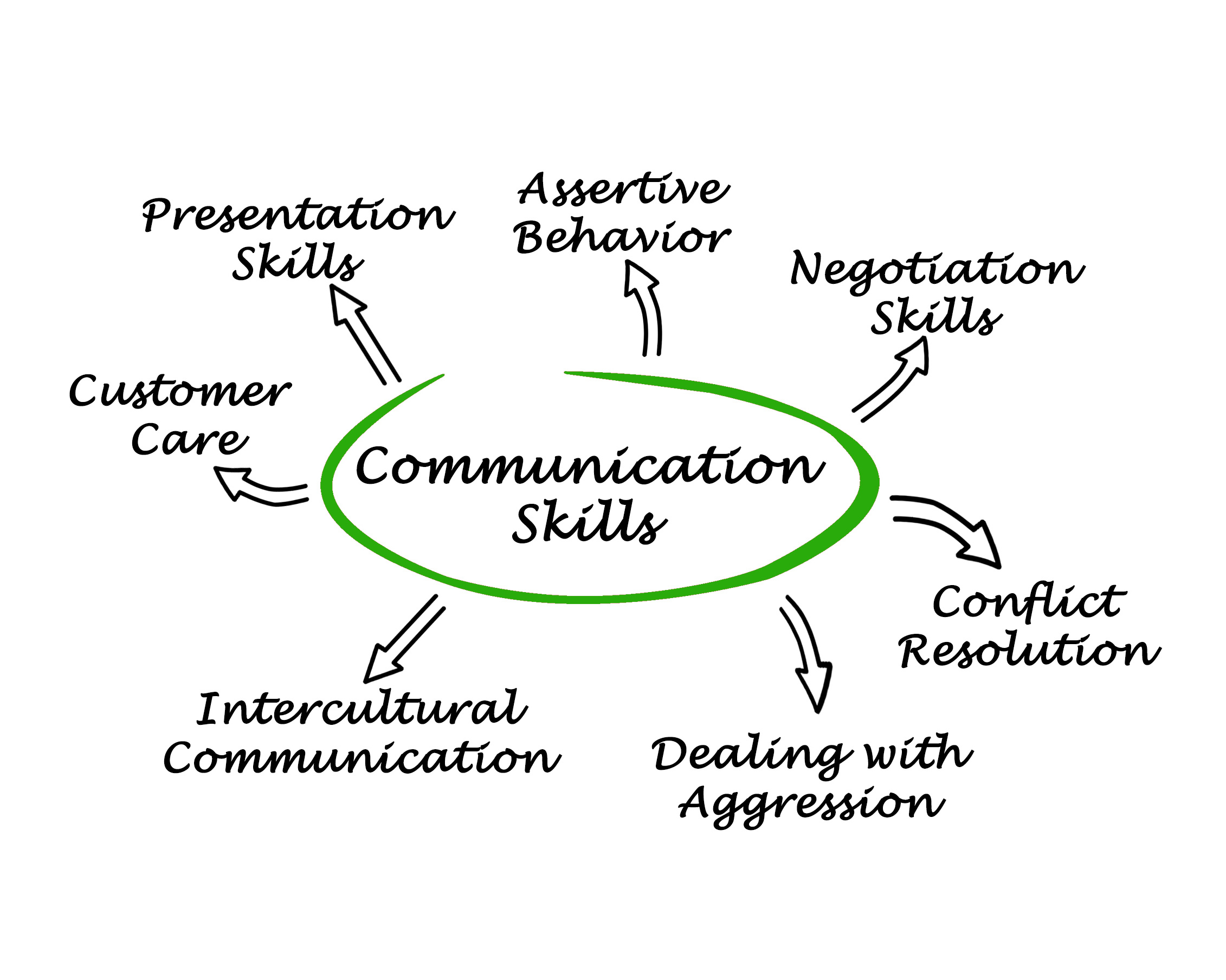
One recurring theme is dealing positively with conflict. I thought I’d tackle that topic today since I was recently challenged myself to do just that.
Here are 12 ways to deal more skillfully and positively with conflict.
Adopt a Win/Win intention.
We live in a competitive culture. We want to “win,” but in the competitive sense when someone wins, others lose. If one is right then the other is wrong. Being right isn’t always the right thing. (It took me years of marriage counseling to learn that!) It’s important to get that point if you want to have good, non-defensive relationships with people. Start thinking about how good it would feel if you both could win.
Stop defensive behavior.
How? The first step is awareness. Observe the signs in yourself, and notice when they happen. (Mine starts with tension in my neck, then in my stomach.) Listen and be aware of our own emotional responses. Practice reframing the situation so you reduce the level of stress you’re experiencing. When conflict arises, acknowledge your difference (if you must) and then move on to the things you DO agree on. Look for a common goal.
Focus on the present.
Step out of your past (and building a case for the conflict or your right/wrong argument) and focus on the issue at hand. Attempt to solve the problem and move on to create a new future together. Whether it be with a customer (or a friend) a well solved, resolved conflict often makes you feel even stronger about the relationship into the future in a positive fashion.
Evaluate the behavior not the person.
“I feel it was inconsiderate for you to show up 90 minutes late without calling,” is less damaging to the relationship than, “You are an inconsiderate jerk!” Explain your feeling further “I get worried when you don’t call, and then I get upset.”
Be specific.
It’s not useful to generalize and tell someone they are “bad team player”. Be specific and explain how you feel, “I’m frustrated when you interrupt me during our team meetings.”
Be willing to admit if you have contributed to problem. You may have, knowingly or unknowingly, contributed to the conflict. Own it, if that is the case.
Focus on solution.
Listen non-judgmentally and without criticism. Focus on listening and understanding and being creative enough to find a win/win solution for both of you. I like to say that if you are not part of the solution you are part of the problem.
Use “I” messages.
“You” messages are often perceived as being offensive. So the other becomes defensive. A “you” message is often perceived as an invitation to fight. “You never show up for a meeting on time!”
Contrast this statement: “I’m frustrated – I’ve mentioned your lateness to meetings a few times to you. I perceive it as meaning that the team isn’t important enough to you to prioritize our time together”. A well expressed “I” message is not judgmental, it just expresses how you feel.
Don’t infer intention.
“You did that because…” “You did that on purpose…” If you are interested in another’s intention – ask them what they are.
Set aside judgment.
Judgments shut down the communication. I messages encourages it. There is no win/win solution where there is judgment.
Paraphrase.
Clarify and confirm what you heard and make sure you understand it. “So what I heard you say is…” “Let me make sure I understand you correctly, you got home with your package and noticed that it was damaged…” “I’m not sure I understand you correctly, this is how I am interpreting what you said”.
Be sensitive.
Know when to discuss things. Be intuitive – know when the right time is to deal with conflict. Sometimes emotions (yours or others) can impair good communication and collaboration. Sometimes it’s important to cool down first. Develop a sixth sense about timing.
Conflict is a rich source of opportunity when we let it be so. Instead of shying away from conflict, peak performance teams embrace the richness and diversity that well handled conflict can bring. Use these dozen skills to reframe and reduce the amount of conflict in your life.
JoAnna
